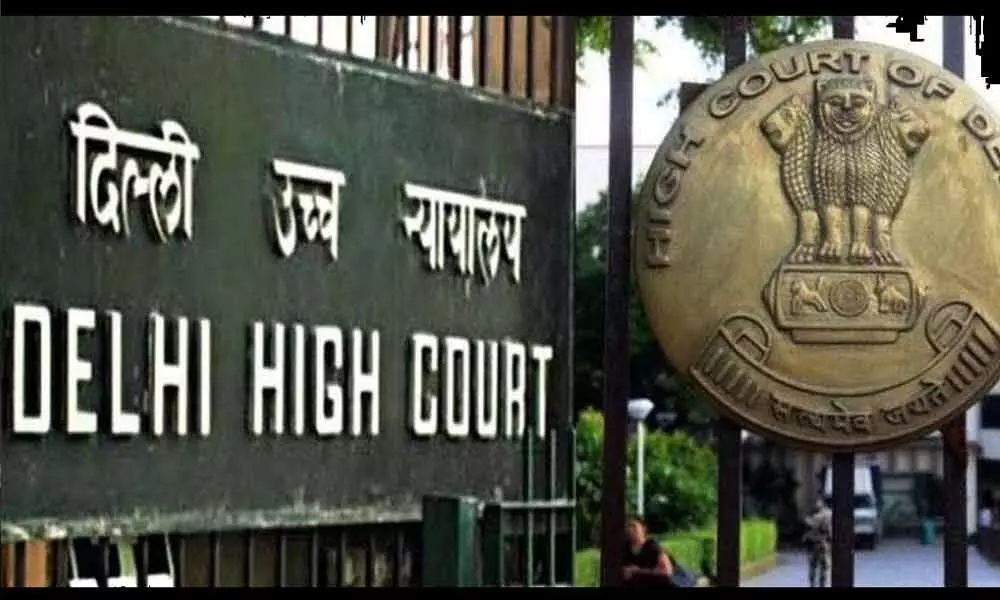Death penalty 'convicts' can't be ordered for release: Delhi High Court

Delhi High Court
The Delhi High Court Wednesday said persons accused in cases where maximum punishment is death penalty are not entitled to be released under any circumstances as the provision in the law allowing such relaxation is for other offences in which the maximum sentence is not gallows
New Delhi: The Delhi High Court Wednesday said persons accused in cases where maximum punishment is death penalty are not entitled to be released under any circumstances as the provision in the law allowing such relaxation is for other offences in which the maximum sentence is not gallows.
The high court was hearing various petitions concerning prisoners, including a PIL for releasing on bail those undertrial prisoners (UTPs) who have served more than half of the maximum sentence which would be awarded to them if convicted for the lesser of the multiple offences they are facing trial.
The high court said it is not for the Undertrial Review Committee (UTRC) to evaluate or appreciate the merits of a case and it is the preserve of the court and "all such cases which involve punishment for death cannot be placed before the committee to review and there is no question of considering it".
A bench of Justices Vipin Sanghi and Jasmeet Singh rejected the submission that it should be left for the UTRC to decide case wise. UTRC was ordered to be set up by the Supreme Court in 2015 and 2016 to consider cases of UTPs who were entitled to benefit of section 436A of the Criminal Procedure Code (CrPC) which provides the maximum period for which a UTP can be detained.
Senior advocate Mohit Mathur, representing India Undertrial Prisoner Support Forum, placed reliance on a Supreme Court judgement and submitted that all cases including those where punishment of death is prescribed should be considered by UTRC for the relief. The high court, however, termed the submission as misplaced and constituted a wrong reading of the apex court decision.
The court was also informed DSLSA secretary Kanwal Jeet Arora that district committees are holding regular meetings to review the UTPs' cases and NLSA has also scheduled a webinar to sensitise all to hold regular meetings. The court also said some ground has to be given for seeking release from jail as "It is not a holiday or independence day that people are being released on the dictate of a tanashah. There is a rationale." According to section 436A of CrPC, "where a person has, during the period of investigation, inquiry or trial of an offence under any law (not being an offence for which the punishment of death has been specified as one of the punishments under that law) undergone detention for a period extending up to one-half of the maximum period of imprisonment specified for that offence under that law, he shall be released by the court on his personal bond with or without sureties". While disposing of various prisoners related petitions, the court said the prayers do not survive as the inmates are being tested for Covid-19 using RAT and RT-PCR and the grievance that non-Covid-19 patients are being neglected is not correct.








